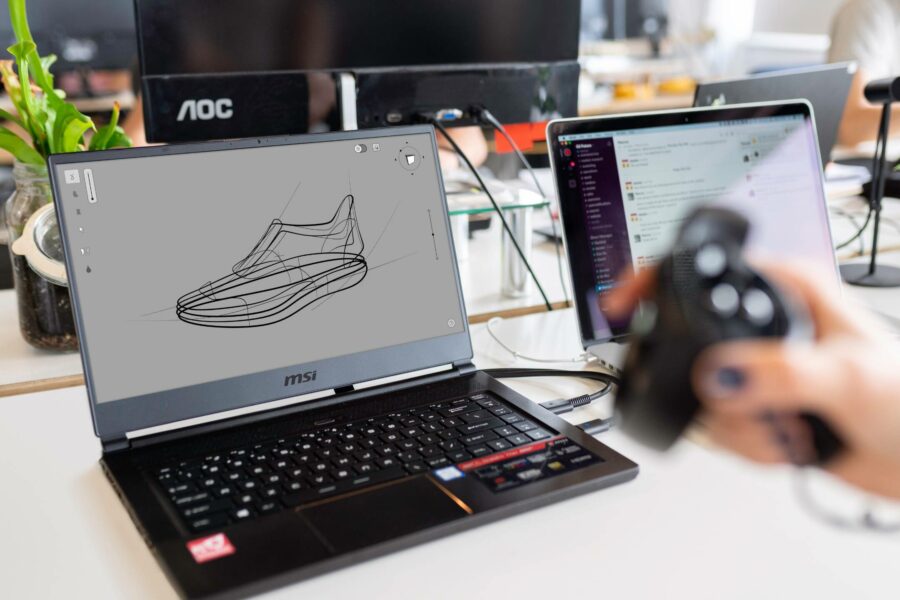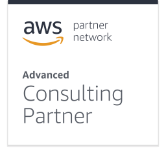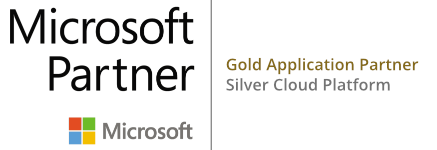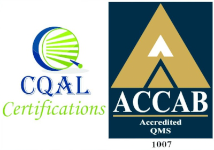HIPAA Compliance for Emerging Technologies
May 17, 2017
How does HIPAA Compliance affect emerging technologies? The Department of Health and Human Services issued the HIPAA Security Rule in 2003 to impose information technology security requirements on HIPAA covered entities: healthcare providers, health plans, and healthcare clearinghouses. Later legislation and regulation also imposed HIPAA compliance and security requirements on various “business associates” of these covered entities.
Despite some changes in coverage and the breach notification rule, the core HIPAA compliance and security requirements have remained unchanged since 2003. Nonetheless, technology trends such as cloud computing, social media, and mobile computing required applying the existing rules to new technologies.
Moreover, we are now facing dramatic and sweeping changes with AR/VR systems, Big Data, 3D printing, HealthTech, Internet of Things, Robots, and Artificial Intelligence systems. This program will cover how HIPAA covered entities and business associates (whether onsite or offshore) can meet their HIPAA compliance security & PHI requirements in the face of rapid changes caused by these emerging technologies.
Buy the book – A Guide to HIPAA Security and the Law, Second Edition
On demand recording
Meet our panelists

Stephen Wu
Stephen Wu is a shareholder and attorney with Silicon Valley Law Group in San Jose, CA. He advises clients on compliance, liability, security, and privacy matters regarding the latest technologies, including robotics, artificial intelligence, the Internet of Things, Big Data, and augmented and virtual reality systems. He helps clients develop and maintain information security and privacy programs. His litigation practice includes resolving IT and intellectual property disputes. He drafts and negotiates service agreements, licenses, marketing agreements, and other technology contracts. Mr. Wu served as the 2010-2011 Chair of the American Bar Association Section of Science & Technology Law. He graduated from Harvard Law School in 1988 and was the second in-house attorney at VeriSign, Inc. The American Bar Association recently published his book A Guide to HIPAA Security and the Law, Second Edition.

Punkaj Jain, Vice President of Software Services
Punkaj Jain, is Vice President of Software Services based in the San Francisco Bay area. He is a dynamic and accomplished executive, entrepreneur & leader with a track record from start-ups to Fortune 500 companies in multiple disciplines. Punkaj has experience delivering revenue & profit growth, business solutions in Big Data, IoT, Digital Health, E-Commerce & Cloud technologies.
Earlier in his career, Punkaj had senior database engineering roles at Digital Equipment Corporation (DEC) & Sybase. Punkaj has a Masters in Computer Science from Wayne State University and a Bachelor’s in Electrical Engineering.












